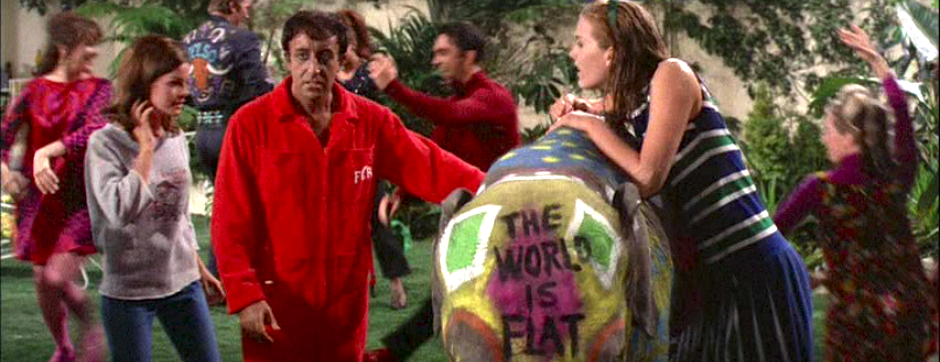Amen. The Closed Web is here. I don’t want to sound apocalyptic, because the situation is not dire yet and because there are efforts to keep and sustain the real, open Web.
When Robert Scoble, an enthusiast Web observer, wrote yesterday (Two apps that show the depth of what Facebook shipped today) that he loves a new Social Newsreader app from the Washington Post, and that it wil change the way we read because this app allows friends to share with each other their reading material, I said unto myself: what’s the news? Google Reader can do that, right? Feedly can do that, and so does Reeder, et al. There’s nothing new in people being able to know what friends are reading and share that. It must be the way this is done that is so innovative, then. Yet, he was absolutely right in using the word “depth” about the Facebook move.
So I go and see the video, and read the post, and understand. It is an app that sits on Facebook. That is, you can use the WaPo app *only* within Facebook. Yes, it has an appeal and a good way to share articles with friends. It’s a good app in itself.
Except it works only within Facebook. Instead of, say, work an app around RSS, so that the app would sit on iOS os Android. No, they chose the closed web. And others are following, like the Guardian, etc. Thus, they pretend we consume their news and limit ourselves at it. We went back into being only readers, not coproducers any longer. Remember “We Are The Web”? Well, they do not believe it. They are the Web. It actually is such a greater reader experience to share the news openly with an open RSS-based newsreader. With it, I can read the WaPo, the NYT, the Guardian, and other non-English (yes, they do exist) news sources, blogs and tweets. Why should I want to lock myself down with only the Washington Post? Even if I chose to lock myself down to using Facebook as my media & news center?
I’ll tell why. If Facebook succeeds in becoming *The Social Operating System* of the Internets, well, we’ll have no choice. This is worse than Apple’s lockdown with iOS. At least, even within the limitless control Apple has over what apps get published, I have *some* control on what I choose to install, and I do have a full browser and full newsreaders working. Not within Facebook. The risk is losing the Web altogether, do you see? Like it is happening with TV sets and the apps they run. There’s no browser!
This is the worst a publisher can do, and I do hope the experiment fails. Sincerely. We were so happy with the (Open) Web. In it, a dream was made true. The dream of sharing without limits, without needs of proprietary software or hardware.
Faced with an abysmal crisis, newspaper publishers are choosing the only road they know: that of closure, without recognizing the potential of the open. If the Open indeed triggered some turmoil in their business, it actually provides a great opportunity to explore new venues, real innovation, a new business model. But no, they are closing the Web.





Exactly… we have opened up that space. And now they’re wrapping it back on itself, or at least to it seems. We may be wrong, though…
I’m greatly concerned. Once, there was a similar “closed web” system back during the dialup days when AOL ruled. People logged on and got all their news, email and entertainment in one place, the AOL site. They weren’t even aware that there were other websites on the internet. They had been duped. People today are being duped. They’re spending all their time in FB, or tied to FB in some way. It’s scary.